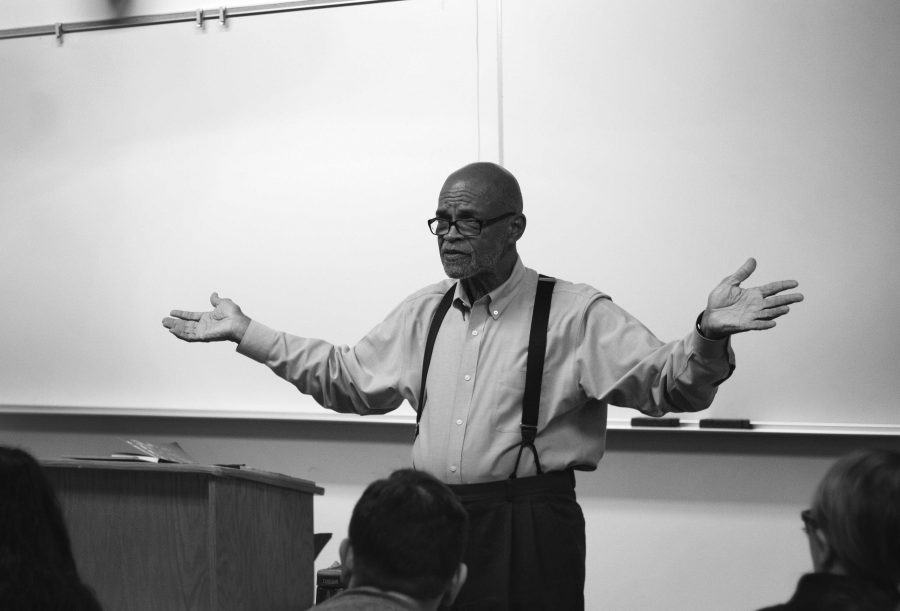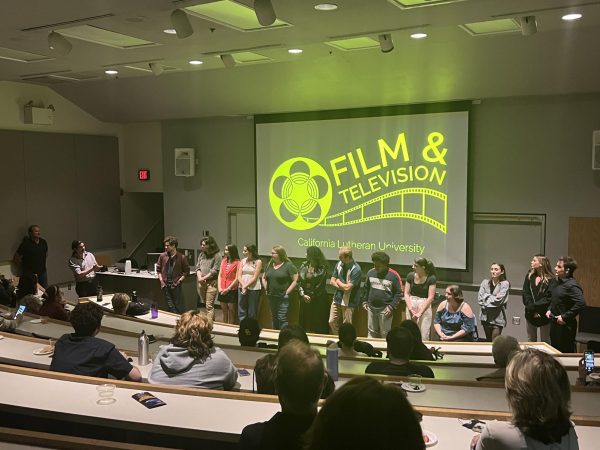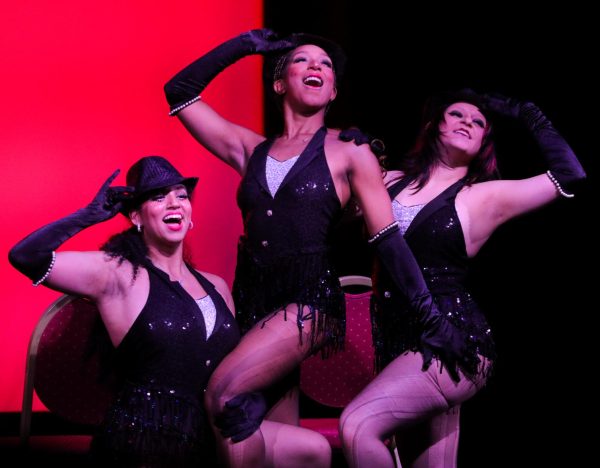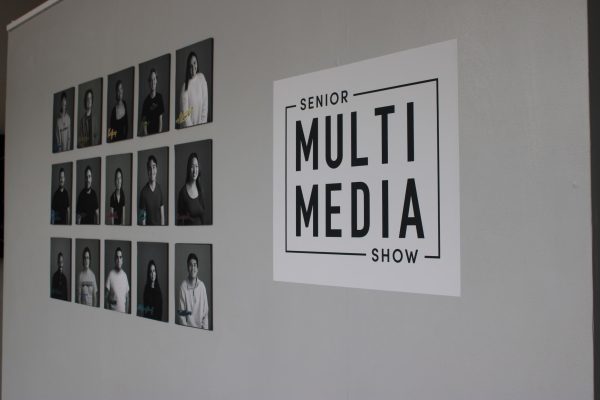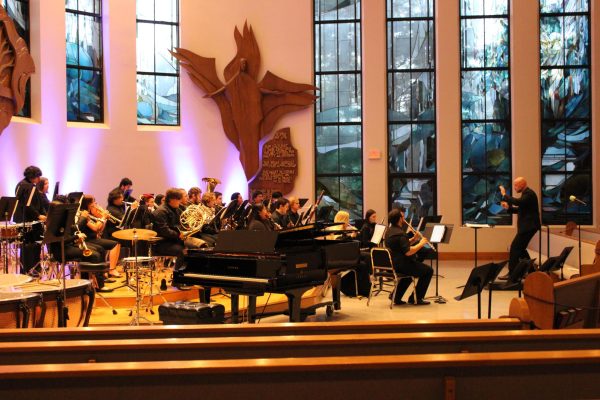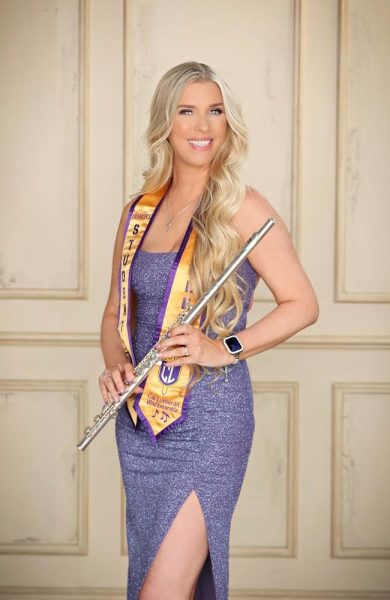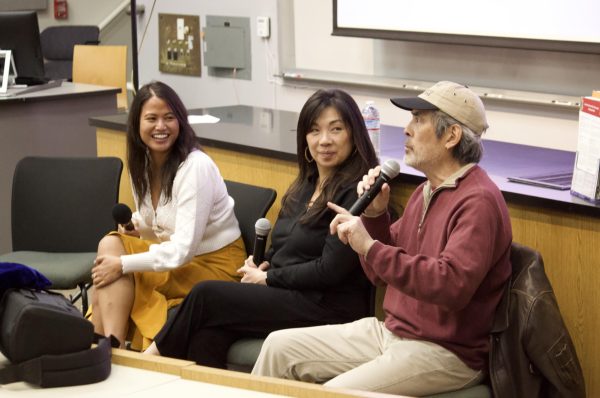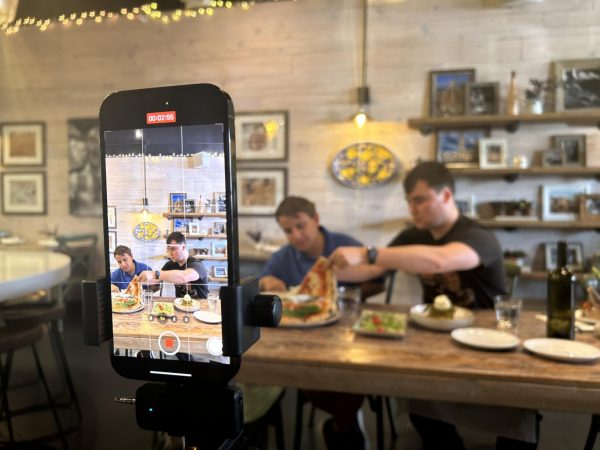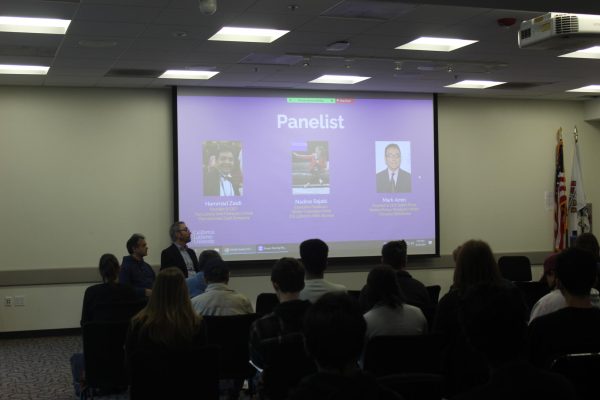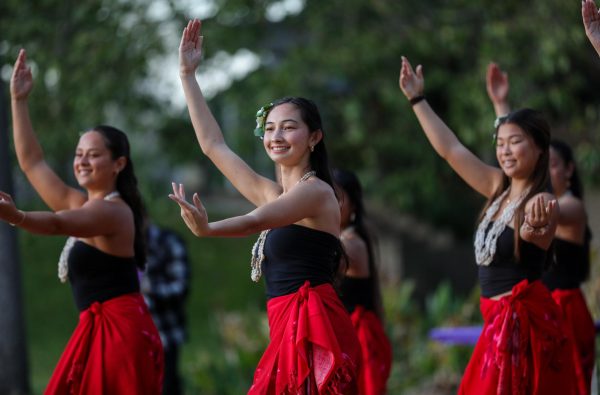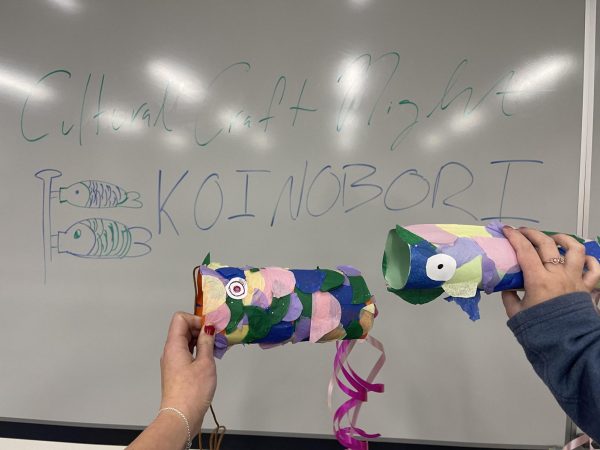Dr. Freeland explores family history in The Atlantic’s ‘Inheritance’ project
Professor of Political Science Gregory Freeland was interviewed by The Atlantic for the Inheritance project.
March 10, 2021
Leer sobre esto en español aquí.
California Lutheran University Professor of Political Science Gregory Freeland was featured in The Atlantic’s recent project about lost Black history, “Inheritance.”
Freeland has been teaching at Cal Lutheran for three decades and specializes in political science and global studies and is known by many for his Music and the Civil Rights Movement course.
In a Zoom Interview, Freeland said The Atlantic is looking into lost Black history–specifically narratives and testimonies of former enslaved people and what it was like living as an enslaved person.
“I have known about slavery but now I feel more of a connection to it after I read about Lucy,” Freeland said.
The existence of the record of Freeland’s great-great grandmother Lucy’s testimony came to his attention roughly six years ago.
“I found it because I was doing some exploration about the area I grew up in and saw she had been interviewed. So, I looked it up in the library of congress and it was there, so I read it and recorded it,” Freeland said. “Then a colleague of mine, Catherine Stewart, who is mentioned in the article, wrote a book about the Federal Writer’s Project. She told me about her book, so I told her about my great-great grandmother.”
The Federal Writer’s Project conducted from 1936-1938 enabled the The Atlantic to access the history of an unheard generation of formerly enslaved people. By interviewing over 2,000 formerly enslaved people, the project captured and archived these rare testimonies.
The “Inheritance” project features several more articles about American history and Black life. In the editor’s note for “Inheritance”, Editor in Chief of The Atlantic Jeffery Goldberg said, “these stories, and other stories being published on our website, are part of an ambitious, never-ending effort to fulfill The Atlantic’s mission: to illuminate the American idea, and to help build, through our writing, a more perfect union.”
Freeland said that Atlantic writers knew to reach out to him because of this connection to Stewart, author of Long Past Slavery: Representing Race in the Federal Writer’s Project and a history professor at Cornell College.
Freeland grew up in the Civil Rights Era. In the article for the Atlantic he mentions personal life-experiences such as what it was like serving in the Vietnam War during the time Martin Luther King Jr. was assassinated and details about growing up living with his great grandmother, Lucy Brown’s daughter, in a city just outside of Durham, North Carolina.
“[Lucy] mentioned something that wasn’t in the article about ghosts, spirits, the spirit world. I’m pretty sure a lot of slaves held onto that from Africa,” Freeland said. My great grandmother was very superstitious about that. For instance, there was a thunderstorm outside, and we had to turn everything off–all the lights, couldn’t talk on the phone, no radio, nothing. It is God speaking to us, so we had to be respectful.”
Cal Lutheran class of 2020 alumna Ellie Long double majored in Global Studies and Political Science and was the former Editor in Chief of The Echo. Freeland advised Long on her Global Studies capstone.
“He would talk about the Vietnam War and could remember certain parts of the Civil Rights Movement. You don’t… meet someone who has lived through those things very often,” Long said. “He is in kind of uniquely positioned as someone who is both a professor in these kinds of subjects and as someone who had the first-hand experience and that is his life history.”
Freeland said he emphasizes that he believes America has come a long way in his classes.
“You have to put up with some of the semi-nonsensical before you get around to change,” Freeland said. “I think this new generation like yourself is going to make things a lot better because you are all encountering people and situations that we have never had to encounter before.”
Long described Freeland as a great professor who is individually invested in every student.
“He really pushed me to consider all these different questions and different sides that I wasn’t thinking about,” Long said.
Aside from any of the curriculum Freeland teaches, he said the best piece of general advice he could give people is to be strong and keep on pushing.
“We need to start talking to people who grew up in the Civil Rights [Era] because they are about my age now and they are starting to pass away. Unless we get these stories recorded it is going to be the same situation it was with slavery,” Freeland said. “My best experience in terms of what I can relate to my class is from the Civil Rights [Era].”

